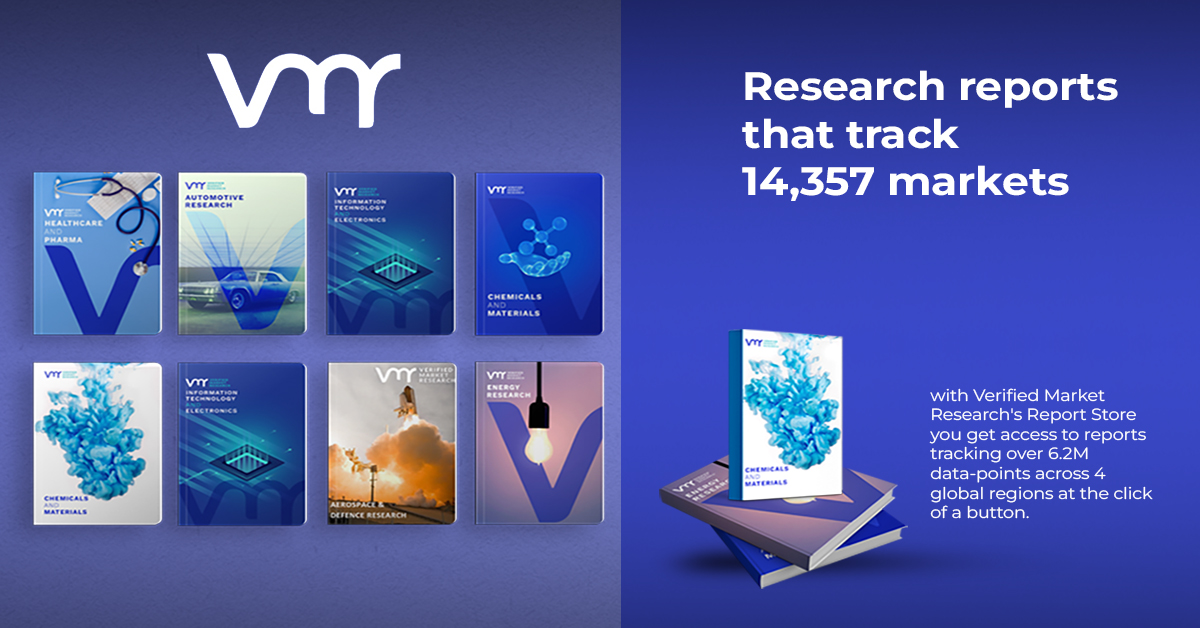Navigating the Rapid Growth and Innovation in the Electronic Clinical Outcome Assessment (eCOA) Solutions Market
The Electronic Clinical Outcome Assessment (eCOA) solutions market is on a dynamic growth trajectory, largely propelled by advancements in digital health technology, regulatory backing, and the rising popularity of patient-centric, decentralized trials. Estimated at USD 2.57 billion in 2023, the market is forecasted to reach an impressive USD 7.5 billion by 2030, driven by an annual growth rate of over 16% As the healthcare industry evolves to meet demands for improved data accuracy and efficiency, eCOA solutions play an essential role, particularly in clinical trials, where they enhance patient engagement and data quality.
Key Market Drivers
1. Patient-Centric Clinical Trials
The push toward patient-centered trials has transformed the role of eCOA solutions. With systems for real-time patient-reported outcomes (PROs), patients can now communicate their experiences directly, enhancing data accuracy and the quality of study outcomes. Organizations like the U.S. FDA and EMA advocate for incorporating these digital tools, aiming to standardize data collection across trials and facilitate more nuanced patient feedback.
2. Regulatory Support for eCOA Solutions
Regulatory agencies have established guidelines endorsing eCOA technologies, reinforcing the transition to digital data capture methods in clinical research. This backing has reduced resistance to adoption among clinical trial sponsors, as compliance with eCOA tools is increasingly regarded as essential for trial success. Such guidelines not only improve patient safety but also support the acquisition of higher-quality data, leading to faster regulatory approvals and market access for treatments.
3. The Decentralization of Clinical Trials
The COVID-19 pandemic accelerated the decentralization of clinical trials, a trend that continues to gain momentum. eCOA solutions, including mobile and wearable technologies, allow data collection to occur remotely, a pivotal advantage for patients in isolated areas or with mobility challenges. This approach also reduces logistical costs and offers sponsors access to a more diverse participant pool, enhancing the representativeness of study findings.
4. Integration with Wearables and Mobile Devices
eCOA solutions increasingly integrate with wearables, providing researchers with continuous, real-time health data. The inclusion of metrics like heart rate, physical activity, and sleep patterns allows for a more comprehensive view of treatment outcomes. This data integration enables more responsive study designs that can adjust to changes in patient status almost immediately, enhancing the relevance and utility of collected data.
Challenges Impacting Market Growth
Despite its rapid growth, the eCOA solutions market faces several hurdles:
- High Initial Costs: Implementing eCOA solutions involves significant upfront expenses, from software purchases to device provisioning and system integration, which can be particularly challenging for smaller organizations.
- Privacy Concerns and Data Security: Patient data privacy and regulatory compliance are critical in this field. eCOA systems must comply with standards like HIPAA, GDPR, and other privacy laws, adding to the complexity and cost of maintaining these systems.
- Resistance to Digital Transformation: In some regions and institutions, there remains resistance to moving away from traditional, paper-based data collection methods. This reluctance can be attributed to training costs, system familiarity, and infrastructure limitations in less-developed markets.
Leading Segments in the eCOA Market
Product Types
The eCOA market segments include Electronic Patient-Reported Outcomes (ePRO), Electronic Clinician-Reported Outcomes (eCLINRO), Electronic Observer-Reported Outcomes (eOBSRO), and Electronic Performance Outcomes (ePERFO). The ePRO segment, which allows patients to provide self-reported data on symptoms and quality of life, is particularly popular due to its ability to capture nuanced patient feedback.
Deployment Models
Deployment models for eCOA solutions include on-premises, web-hosted, and hybrid models. However, web-hosted and cloud-based solutions are gaining ground due to their flexibility and scalability, which align with the needs of decentralized trials. The hybrid model, which combines on-premises and cloud-based functionalities, is also emerging as a popular choice, balancing control and convenience.
End Users and Key Applications
Key end users in the eCOA market include pharmaceutical and biotechnology companies, CROs, medical device companies, government agencies, and academic research institutions. The primary application remains clinical trials, with a focus on therapeutic areas like oncology, neurology, and cardiovascular diseases. eCOA solutions are also expanding into real-world evidence (RWE) generation and patient registry management, reflecting the demand for comprehensive patient data across treatment stages.
Regional Insights and Growth Opportunities
North America remains the largest market for eCOA solutions, thanks to robust healthcare infrastructure and regulatory support. However, the Asia-Pacific region is experiencing the fastest growth, attributed to healthcare modernization, increased clinical trial activity, and rising healthcare investments. With a growing focus on globalizing clinical research, Asia-Pacific countries are likely to adopt eCOA solutions rapidly to align with international standards.
Future Directions and Innovations
The next phase of eCOA development is likely to focus on advanced AI-powered analytics and enhanced interoperability with other healthcare systems. As AI becomes more embedded in data analysis, eCOA solutions could offer real-time insights into trial progress and patient health, potentially allowing for adaptive trial designs that adjust based on patient feedback and outcomes.
Moreover, as the demand for RWE increases, eCOA solutions will play a vital role in capturing post-market data and monitoring long-term patient outcomes, especially for chronic conditions. This development aligns with broader healthcare trends focused on holistic patient management and personalized care.
The electronic clinical outcome assessment solutions market is set to transform clinical research, aligning it more closely with patient needs and real-world conditions. With projected rapid growth, the sector is expected to drive improvements in data accuracy, trial efficiency, and regulatory compliance. By continuing to innovate and address existing challenges, eCOA solutions are likely to become integral to both clinical trials and broader healthcare ecosystems, marking a new era of data-driven, patient-centered research.
For industry stakeholders, now is an opportune time to invest in eCOA capabilities, both to enhance research quality and to remain competitive in an increasingly digital healthcare landscape.









